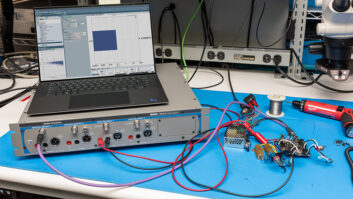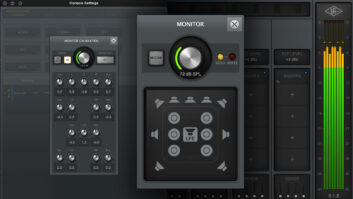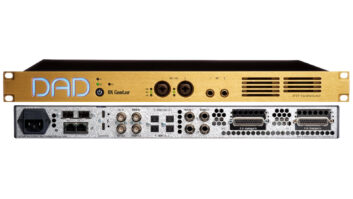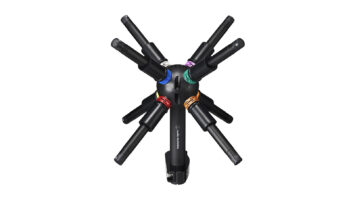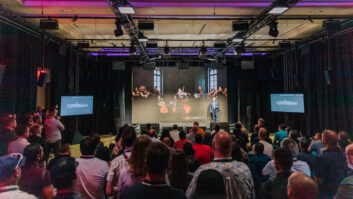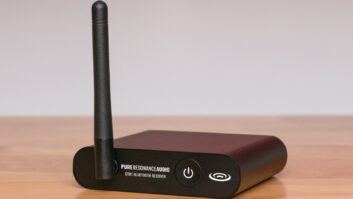Last summer, Jan Paul Moorhead, chair of the Music Synthesis department at Berklee College of Music (Boston) and Bill Scheniman, the chair of Berklee’s Music Production and Engineering department, traveled to Beijing for China’s first-ever Audio Expo. Their job there, as in the United States, was to educate audio students. But just as important was the cultural exchange between audio professionals. Mix asked Moorhead to share a few recollections of the experience.-Eds.
About our trip to China…to paraphrase Will Rogers’ quote, “If I had visited for a week or so, I could have told you a lot, but I was there for a year.” Well, we were there for an extraordinarily intense six days (with about four days of travel there and back), almost all of which was spent in Beijing. I still find it difficult to explain what it was like, even though I’ve had months to sort it out!
This was to be China’s first National Audio Expo, sort of a combination of NAMM, AES, NAB and CES. It was to be held at the Recording Arts Institute of Beijing (RAI), the premier teaching organization for recording and broadcasting in the People’s Republic of China. Unfortunately, an all-important approval from a high government official wasn’t granted, so the show went on without exhibits; only the seminars and workshops were conducted.
I was first contacted in April by Professor Wong Ming Chen, president of RAI, through an intermediary here in the States. Professor Wong knew of Berklee College of Music, where I chair the Music Synthesis department. As negotiations continued through July, I suggested that Bill Scheniman, chair of Berklee’s Music Production and Engineering department, would be a welcome addition to the presentations. By August, after what seemed like endless preparation and bureaucratic fooling around, we were on our way.
When we touched down in Beijing, I noticed uniformed men standing on boxes every 100 yards or so around the perimeter of the airport. That was the feeling of the entire trip: Even the most normal activities and situations were strange and subtly different.
The cliche “China in Change” was everywhere. From the narrow vista presented by my hotel window, I counted 17 giant cranes fading off into the early morning smog. And the cuisine! From the remarkable and delicious to the remarkable and exotic: Chinese chitlins, fried chicken feet, jellied duck feet, and a canine delicacy that Bill’s wife dubbed “poodles in noodles.”
We spent the first day getting set up at RAI, which is in the Chaoyang district on the western edge of Beijing. Installing software on Chinese computers was an adventure all by itself. Not enthused about running “plug ‘n’ play” in Mandarin, I gave them their first look at Win98. It took us a moment to get the hang of working through our interpreters.
We were impressed with the students’ level of technical/scientific audio knowledge. Practical experience, aesthetic issues and the commercial aspects of the studio business were less strong. In the West, we commonly expect a certain amount of musical knowledge from producers and engineers. The current Chinese approach appears to be more technical, with little experience in music itself. This led to a lot of last-minute rewriting of carefully prepared lectures! Our two lectures that sparked the most interest were about how business is conducted in the West. The infrastructure of professional relationships and organization of roles in the production process is quite different for them. In particular, the idea of the entrepreneur, an individual owning the means of production, is quite foreign to them. This is largely due to the amount of available capital. Studios in China are primarily government enterprises.
The home studio is a concept whose time may soon come in China. Economic progress in China can be measured by change in status symbols-from the bicycle to the refrigerator, to the washing machine, and, recently, the color TV. Currently, home entertainment systems (karaoke) are very popular. One might expect that, with an increase in leisure time and cash for the upper middle classes, the home studio might be the next step for some families.
There clearly are opportunities for development in the burgeoning audio industry in China. However, it is not for the faint of heart. Undertaking this venture will take much patience and understanding of the culture.

